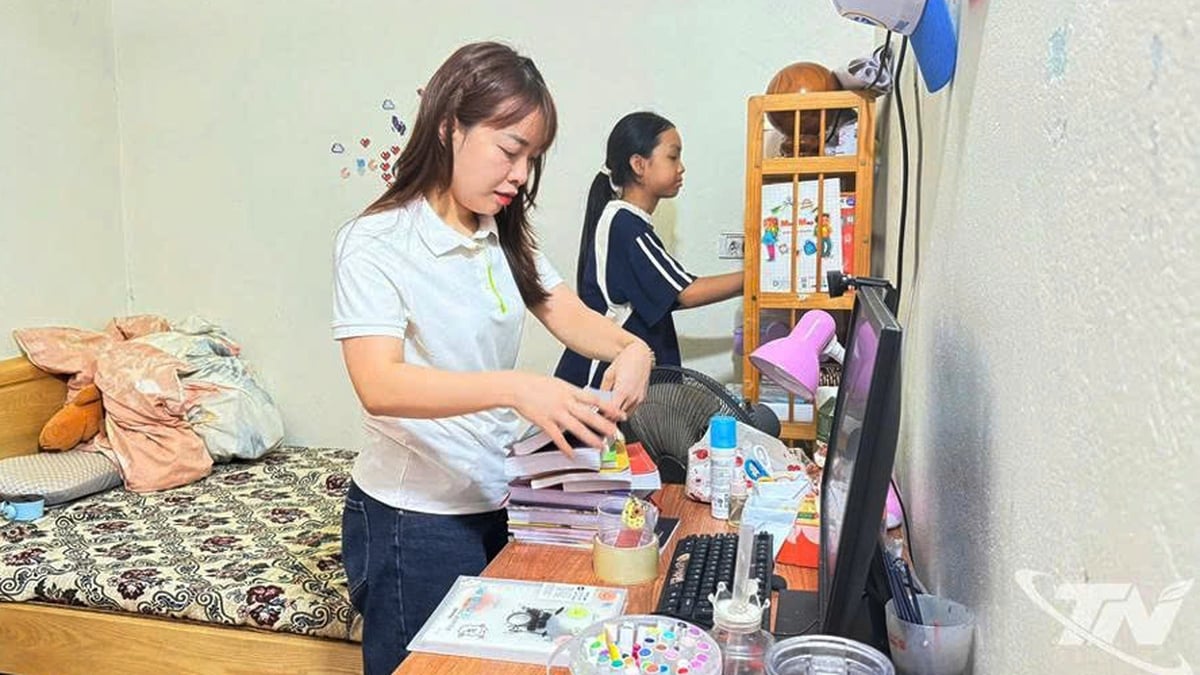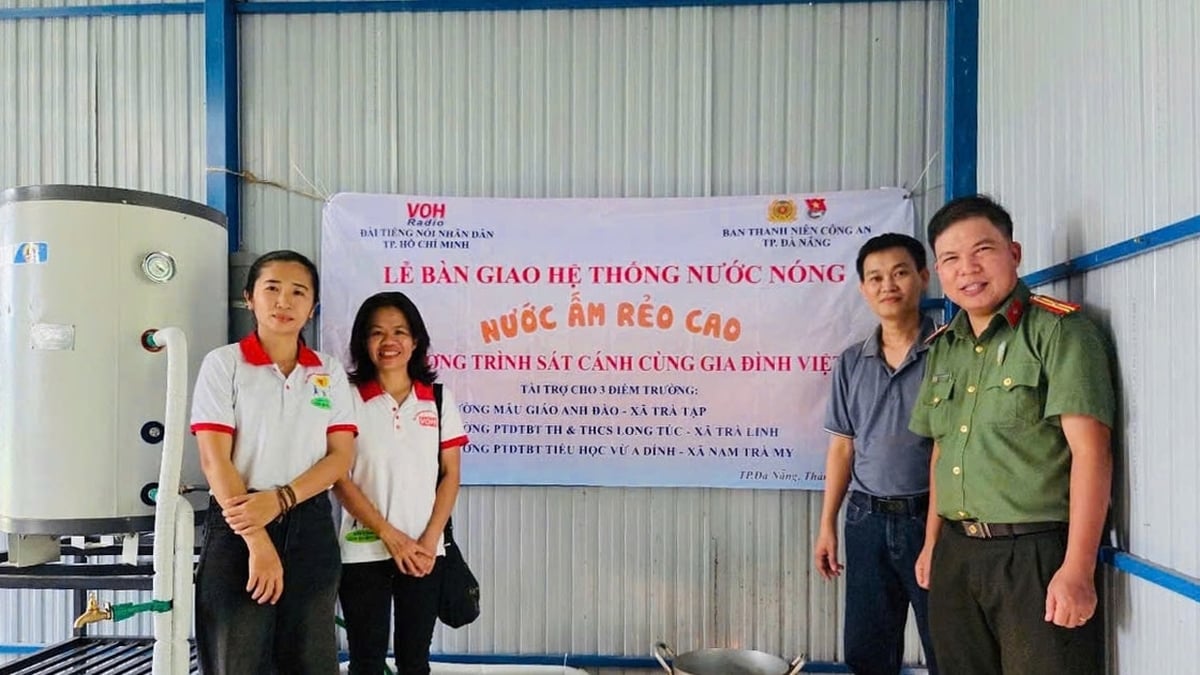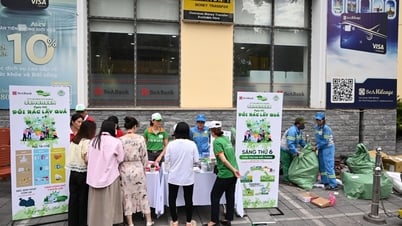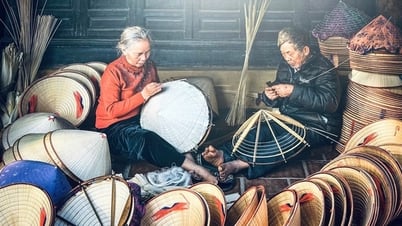In 2005, Rebecca van Bergen, a graduate student in social work at the University of Washington, won $24,000 in a school innovation competition. That seed money fueled the creation of Nest Inc., a nonprofit that empowers women artisans around the world by providing training, funding, and access to markets.
From humble beginnings, Nest has grown into a force in the artisan economy . Today, Nest supports creators in 125 countries and 47 US states, helping women transition from informal artisanal work to sustainable business ownership. Nest’s network includes some 3,000 artisanal businesses and has reached more than 345,000 entrepreneurs—mostly women—with grants and training in skills like pricing and financial management.
“Most people still have an aunt or grandmother who knits, crochets or sews clothes for them,” van Bergen said. “It’s still deeply rooted in our society. It generates income and also preserves culture.”
Van Bergen’s first big break came in 2010, when Nest partnered with FEED Projects, the social enterprise of fashion designer Lauren Bush. That relationship opened the door to collaborations with Amazon, Etsy, and West Elm. Over the years, Nest’s mission has attracted support from funders like the Oak Foundation and Moody’s—as well as retailers like Tory Burch and L.L.Bean, which now has a combined 25 companies that buy and sell artists’ merchandise.
From an initial team of two, Nest has grown to 33 employees, a net worth of $6 million, and annual revenue of $7.2 million by 2025—nearly double its 2019 revenue. The company doesn’t take a cut of craft sales, relying instead on grants, program service revenue, fundraising events, and individual donations. According to tax filings from Cause IQ, which collects nonprofit data, the organization has received more than $10 million in grants since 2017.

Nest helps artisans tap into this market by connecting them with brands
Preserving crafts, creating markets
Nest’s mission stems from van Bergen’s own experiences watching her grandmother and great-grandmother sew and quilt. The organization focuses on traditional crafts like basketry, pottery, and candle making, which are both culturally significant and income-generating.
Globally, the artisanal market is worth $906.8 billion and is a significant source of employment, especially for women, according to data service Research and Markets. Nest helps artisans tap into this market by connecting them with brands like GAP, Ralph Lauren, Target, and Amazon. In 2021, Nest partnered with Etsy to launch the Uplift Makers Program to support six traditional artisanal communities, including Gullah basket weavers from South Carolina, quilt makers from the Gee’s Bend area of Alabama’s rural Black Belt, Afghani refugee artisanal business owners across the U.S., Indigenous artisans from the U.S. and Canada, artisans from Oaxaca, Mexico, and artisans from the Appalachian Mountains.
Nest has been adapting to economic and policy changes for years. During the pandemic, the company prioritized financial literacy and business development. Now, the company is monitoring global trade policies — like tariffs — that could impact both artisans and their retail partners.
Nest deliberately avoided microlending, which was popular among development groups in the early 2000s but sometimes left borrowers in debt. Instead, the organization focused on partnerships with groups like Indego Africa, which works with more than 700 artisans in Ghana and Rwanda. That partnership has helped connect Ghanaian artisan women with retailers like Tory Burch, which sells handwoven straw tote bags for nearly $500.

Rebecca van Bergen, founder and CEO of Nest
Empowering the artisans
As Nest pivots to the U.S. market, it is helping women who face similar economic barriers. Among them is Cynthia Main, a carpenter in Kentucky who participated in Nest’s Makers Future Fund, a program that provides professional coaching with a $5,000 grant. Main owns Sunhouse Craft, where she sells handmade brooms, dustpans, and other items. Although Berea is Kentucky’s folk art capital, the city’s economy has suffered from industrial closures and persistent poverty—nearly one in five residents lives below the poverty line.
Main said Nest helped her overcome many financial and retail obstacles and build a broader customer base for her products. She used her $5,000 grant to attend a wholesale trade show in New York, and her company’s annual revenue doubled from $120,000 to more than $240,000.
Source: https://phunuvietnam.vn/tu-y-tuong-tri-gia-24000-usd-thanh-phong-trao-ho-tro-nu-nghe-nhan-toan-cau-2025061823121709.htm





































































































Comment (0)